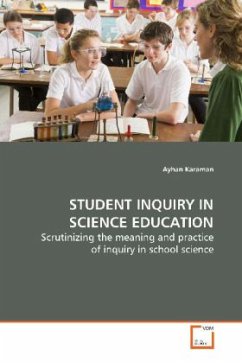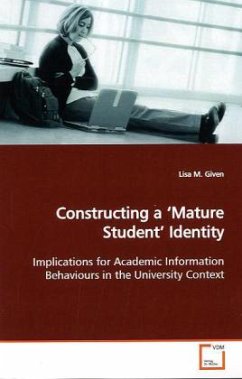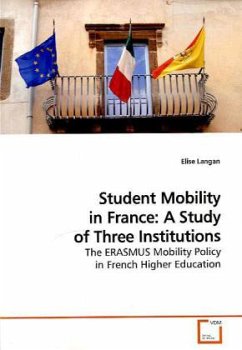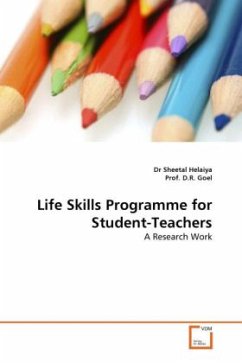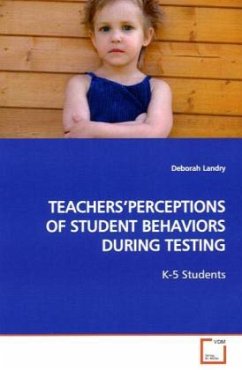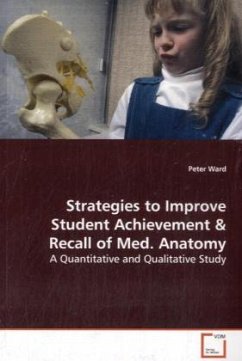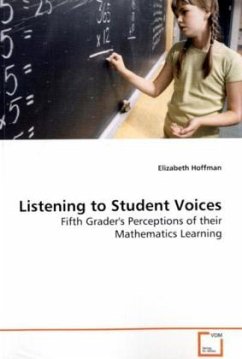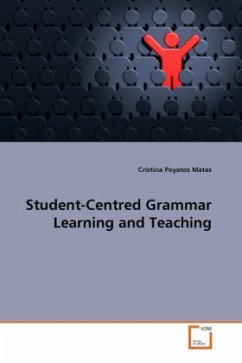
Student Interest in Science
Pedagogical Practices in Elementary Classrooms
Versandkostenfrei!
Versandfertig in 6-10 Tagen
32,99 €
inkl. MwSt.

PAYBACK Punkte
16 °P sammeln!
The purpose of science education is not exclusivelythe production of new scientists. It is also thedevelopment of scientifically literate minds with thecapacity to understand issues of increasingimportance and complexity within a global society.These dual purposes of science education are notwell-served when educators ignore the abundantevidence that students are becoming less interestedin science and overlook those factors that influencestudents' attitudes toward science.This book examines the psychological constructs ofinterest in science classrooms. Of particularemphasis is how student atti...
The purpose of science education is not exclusively
the production of new scientists. It is also the
development of scientifically literate minds with the
capacity to understand issues of increasing
importance and complexity within a global society.
These dual purposes of science education are not
well-served when educators ignore the abundant
evidence that students are becoming less interested
in science and overlook those factors that influence
students' attitudes toward science.
This book examines the psychological constructs of
interest in science classrooms. Of particular
emphasis is how student attitudes toward science are
altered through the use of different pedagogical
approaches. This analysis is framed by research in
the field of interest and examines factors that
enhance student interest. Useful to both educators
and communicators of science, this examination
identifies effective ways of increasing interest in
science as well as practical strategies associated
with greater ease of science learning and science
achievement.
the production of new scientists. It is also the
development of scientifically literate minds with the
capacity to understand issues of increasing
importance and complexity within a global society.
These dual purposes of science education are not
well-served when educators ignore the abundant
evidence that students are becoming less interested
in science and overlook those factors that influence
students' attitudes toward science.
This book examines the psychological constructs of
interest in science classrooms. Of particular
emphasis is how student attitudes toward science are
altered through the use of different pedagogical
approaches. This analysis is framed by research in
the field of interest and examines factors that
enhance student interest. Useful to both educators
and communicators of science, this examination
identifies effective ways of increasing interest in
science as well as practical strategies associated
with greater ease of science learning and science
achievement.




